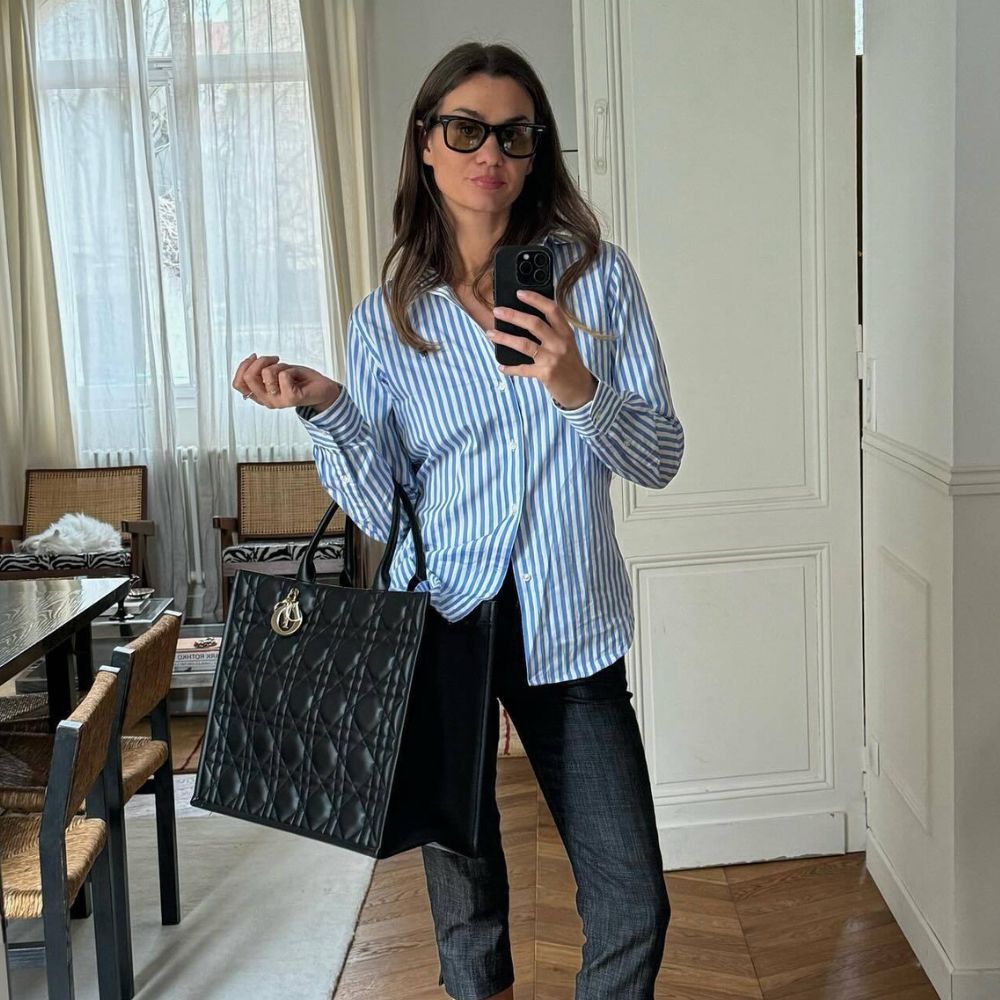Maggie Rogers | Vogue
“When you’re an artist, there’s no HR Department,” Maggie Rogers jokingly says. “There’s no normal path. It’s all sort of self determined.” She’s wearing an earth-toned greenish sweater, and her shaggy hair is shoulder-length, her smile wide. Rogers laughs often.
In a February Instagram post, Rogers elaborated on the images and ideas she was conjuring for her new album, Don’t Forget Me, out today: Sunday mornings, worn-in jeans, a drive in your favorite car. She’s not sure now she can tell me why she chose these particular images, she tells me with another friendly laugh. “Do you want to take a stab at it, I ask? “It’s not about a wrong answer,” she explains. “It’s about an inauthentic one.”
Maybe you know Rogers from “Alaska,” the alt-pop track infused with nature sounds that catapulted her into the public eye, creating an image of her as a folk-pop, nature-loving free-spirit. (A clip of Rogers, then an NYU Clive Davis student, playing Pharrell “Alaska” went consummately viral.) But of course, Rogers has stated in the past that she disliked the “nature girl” stereotype. Such labels come from a need to make things simple.
“I’m deeply intentional and really serious about my work,” she says. “I think that living an intentional, purpose-driven life is sort of how we find joy. I find so much of that purpose and joy in devoting myself to my work and being in reverence to the work.” To Rogers, the primary responsibility of the artist is to make her audiences feel something. She feels honored and privileged “to to sort of dive headfirst into some of the biggest and broadest questions and feelings.”
It’s not hard to conjure some of the forces that insulate us from feeling—a lack of third places, decision fatigue, TV binges—but it is hard for most of us to access spaces that invite us to feel deeply. But in Rogers’s world, it’s admirable to work hard and provide great intention. “It’s cool to care,” she says. Art becomes one of those few places we only say things we actually believe, where we care.
What does Rogers truly, authentically believe? It’s that same question that drove her to Harvard Divinity School in the fall of 2021, where she researched questions for her thesis on artistry and spirituality. “I was really happy and grateful to have the time to sit and think about what I believe, and get really clear on that, and take that really seriously,” says Rogers. “I think what it’s given me on the other side, is a real sense of grounding and confidence in my artistry.” Rogers tells me that she has spent more of her adult life touring than in any one place, but graduate school and the time since have left her feeling steady and grateful.




